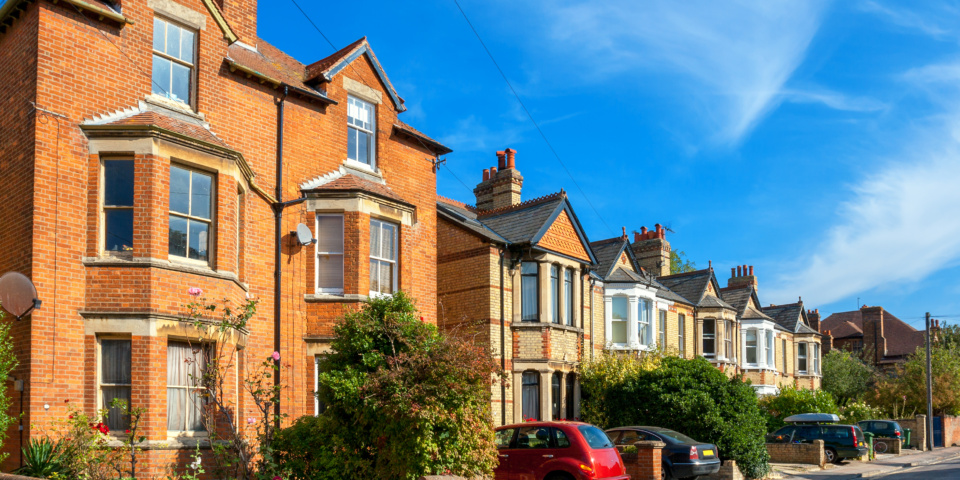
The Chancellor today handed a boost to home movers and first-time buyers by announcing an extension to the stamp duty holiday and pledging to make low-deposit mortgages more widely available.
In his Budget speech, Rishi Sunak announced that the current tax cut for homebuyers in England and Northern Ireland would be extended until 30 June and then tapered from 1 July until 30 September. He claimed this would prevent hundreds of thousands of sales from falling through.
Sunak also promised to unlock homeownership for first-time buyers, by launching a scheme in which the government will guarantee 95% mortgages to help people on to the property ladder.
Government extends stamp duty holiday
After months of rumours and campaigns, the government has extended the stamp duty holiday beyond the original deadline of 31 March.
The temporary £500,000 nil-rate band in England and Northern Ireland will now apply until 30 June, before being reduced to £250,000 between 1 July and 30 September.
From 1 October, the normal threshold of £125,000 for home movers will return.
No changes have so far been announced for Scotland and Wales, but the government says both countries have received additional funding to provide similar support.
The extension comes after concerns were raised that thousands of property purchases could fall through due to delays in mortgage approvals and conveyancing.
Announcing the reforms, Mr Sunak said: ‘The stamp duty cut has helped hundreds of thousands of people buy a home and supported the economy at a critical time.
‘But due to the sheer volume of transactions we’re now seeing, many purchases won’t complete in time for the end of March.’
What is the stamp duty holiday?
The stamp duty holiday was originally introduced in July 2020 to encourage house moves after the Covid-19 lockdown.
Under the current rules, homebuyers in England and Northern Ireland don’t have to pay any tax on the first £500,000 of the property price, meaning many aren’t paying any stamp duty at all and those buying pricier homes are saving up to £15,000.
Between 1 July and 30 September, the tax-free threshold will be £250,000, meaning home movers will be able to save up to £2,500 compared to the normal rates.
The stamp duty holiday has resulted in a mini boom of both house prices and property purchases: house prices rose by 8.5% year-on-year in December according to the Land Registry, while HMRC figures show that transactions were up 24% compared with December 2019.
Government pledges to guarantee 95% mortgages
The Chancellor also announced a new mortgage guarantee scheme to help first-time buyers get on to the property ladder.
The scheme will involve the government guaranteeing 95% mortgages, giving lenders the confidence to reinstate the low-deposit deals which had been withdrawn since the start of the pandemic.
The Chancellor says that major lenders such as Barclays, HSBC, Lloyds Bank, NatWest and Santander will be offering deals from April, with others including Virgin Money to follow shortly after.
The scheme will be available on new and existing properties priced up to £600,000 and will allow buyers to fix their initial mortgage rate for at least five years. It will apply throughout the UK and will run until 31 December 2022.
Will the new scheme really help first-time buyers?
The government is looking to bring back 95% mortgages in a big way, but two significant challenges remain.
Firstly, rates on low-deposit deals are very high at the moment, with the cheapest 90% mortgages around 1.3% more expensive than before the pandemic.
With 90% deals priced at well over 3%, 95% mortgages could be even more expensive.
Secondly, the scheme won’t necessarily make property more affordable for first-time buyers; rather it will enable them to borrow more to afford a property.
If house prices remain high, some first-time buyers may struggle to get on the ladder even with the help of the new scheme.



